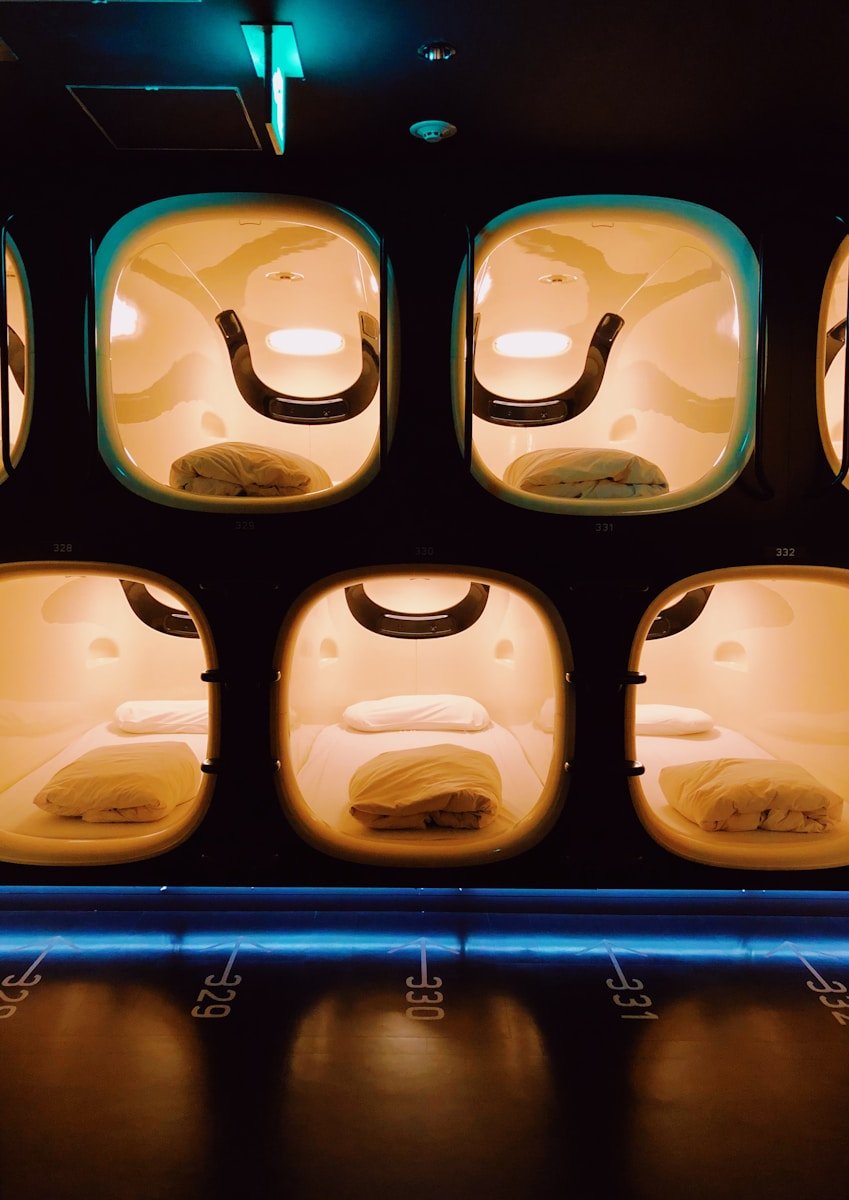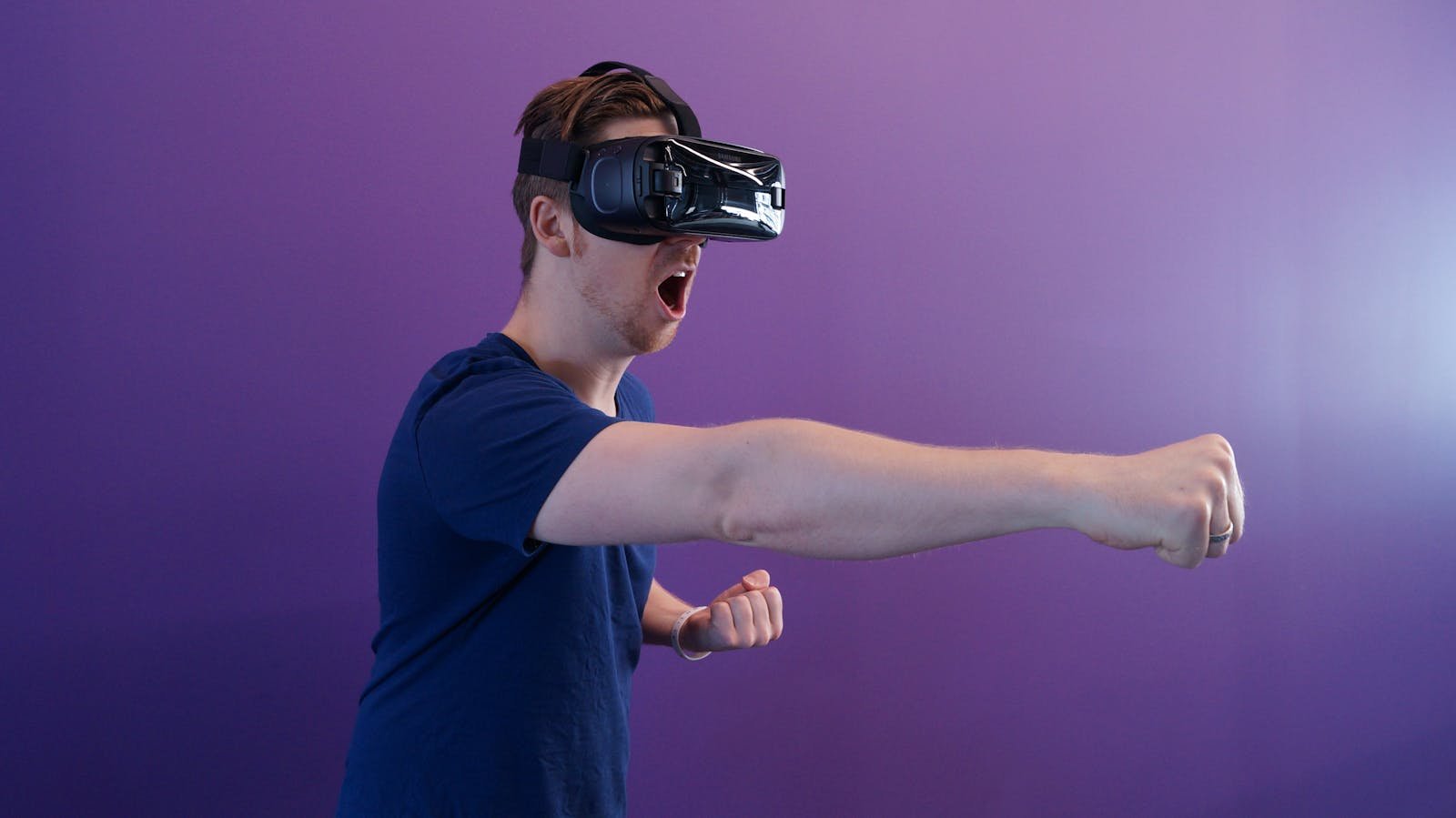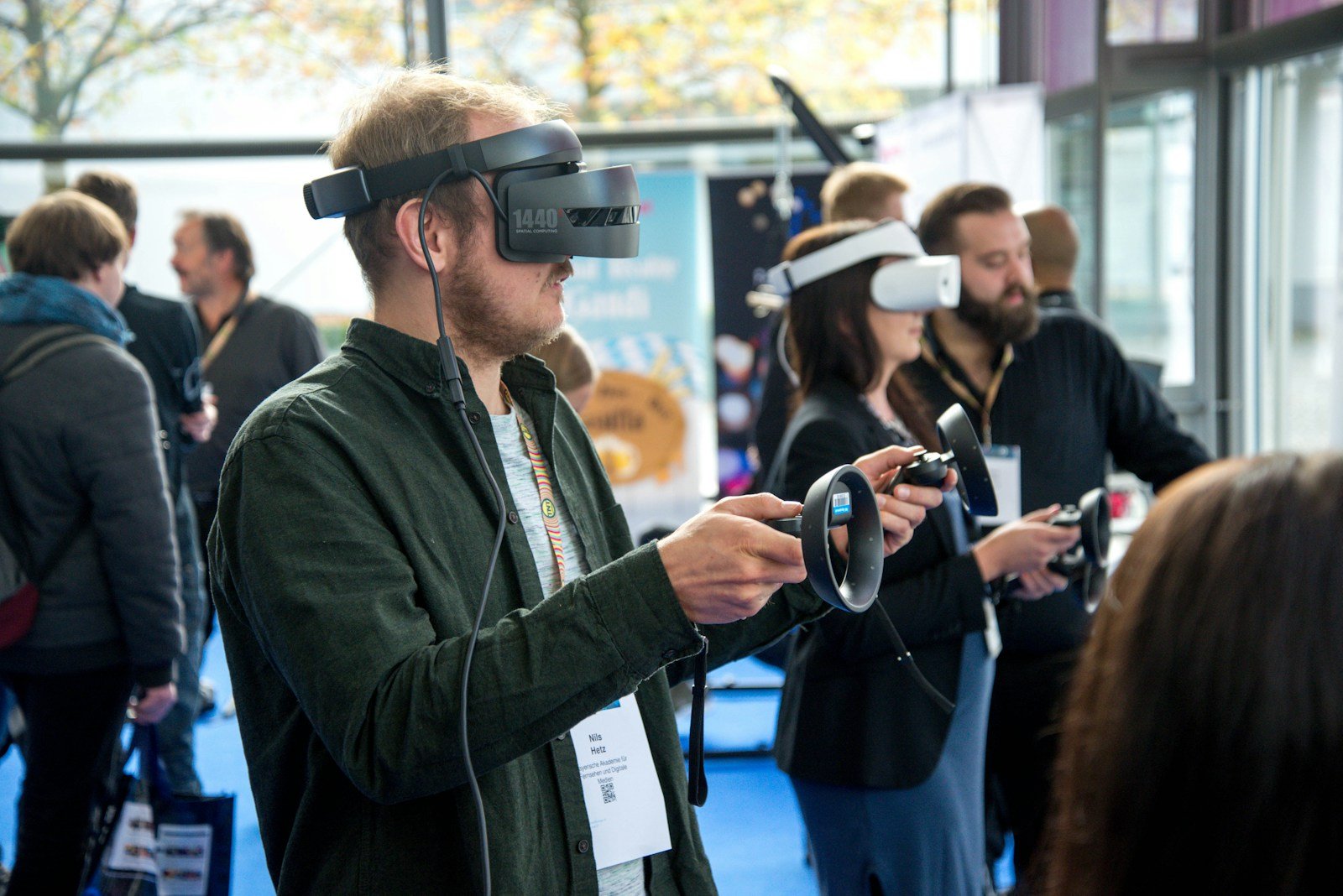So you have heard the terms Hypermarket, Supermarket, Mini market. But have you heard about Micro market?
A micro market is a self-service retail concept that offers a small-scale, unstaffed store environment typically located within a workplace or other communal space. It is designed to provide convenient access to a variety of food, snacks, beverages, and other products for individuals in a specific location.
Micro markets are equipped with modern technology, such as self-checkout kiosks, digital displays, and inventory management systems. They often operate on an honor system, relying on customers to scan and pay for items themselves. Payment methods usually include cash, credit/debit cards, or mobile payment options.
Unlike traditional vending machines that have limited product selections, micro markets offer a wider range of options similar to a convenience store or small grocery store. They can feature fresh food items, salads, sandwiches, fruits, and even microwaves for heating meals. Additionally, micro markets may stock non-food products like personal care items, office supplies, and even electronics.
Micro markets provide a convenient shopping experience for employees, students, or residents in a particular setting, eliminating the need to travel off-site for snacks or meals. They are especially popular in office buildings, college campuses, hospitals, manufacturing plants, and other locations where people spend significant amounts of time.
So, aren’t they just vending machines?
Micro markets and vending machines have some similarities, but there are several key differences between the two concepts:
- Size and Setup: Micro markets are typically larger than vending machines. They occupy a designated space within a building and resemble a small convenience store with shelving, coolers, and displays. In contrast, vending machines are standalone units that are often wall-mounted or freestanding and have a more compact size.
- Product Selection: Micro markets offer a wider range of products compared to vending machines. While vending machines are primarily known for snacks, beverages, and limited food items, micro markets can provide a more extensive selection, including fresh food options, salads, sandwiches, fruits, and a variety of non-food products.
- Self-Service Experience: Both micro markets and vending machines are based on self-service principles. However, micro markets offer a more interactive and engaging shopping experience. Customers can browse the products on shelves, read labels, and make selections themselves. In contrast, vending machines typically have a limited window or display panel, and customers make their choices by pressing buttons corresponding to specific products.
- Payment Options: Vending machines usually accept (but not limited to) cash or coins and sometimes offer basic card payment options. In contrast, micro markets often provide a broader range of payment methods, including cash, credit/debit cards, mobile payments, or even prepaid accounts tied to employee identification cards.
- Operating Hours and Restocking: Vending machines are typically available 24/7, requiring minimal maintenance and restocking. Micro markets, on the other hand, may have more limited operating hours to coincide with the building’s schedule or staffed shifts. They require periodic restocking and maintenance to ensure product availability and freshness.
- Personalization and Customization: Micro markets allow for greater personalization and customization compared to vending machines. Employers or operators can tailor the product selection to meet the specific preferences and needs of the people using the micro market. This flexibility allows for a more targeted and varied offering.







